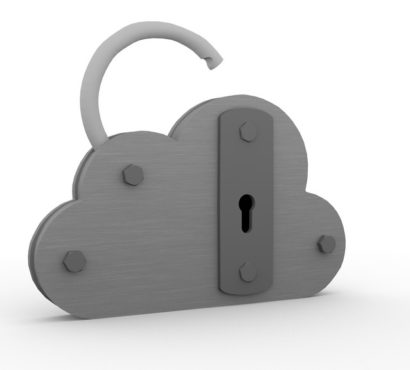Things About Private Cloud Technologies That You Ought to Know

A private cloud is a model in cloud computing that is offered in a specific and secure cloud-based environment which can only be operated by a specific client or user. Other cloud models offer computing-power-as-a-service in a virtualized environment.
This requires an underlying pool of physical computing resource. For private cloud, on the other hand, the cloud can only be accessed by a single user or organization. This provides the user with greater control of the cloud and privacy.
IT Support Services by Acrodex company and other renowned IT support services vendors can help get a clear understanding of the differences between using a private cloud and using a public one.
Ring fencing of a cloud allows the private cloud to be used by a single user and is one of the traits that characterize the private cloud. The ring fencing also allows a higher level of network security. Public clouds, on the other hand, allow multiple clients to access virtualized services.
The virtualized services draw their resources from the same pool servers across public networks. Private cloud draws their resource from a separate pool of physical computers. These computers can be either hosted internally or externally.
Features of a private cloud
Efficiency and business cost
Private cloud technology is not as cost saving as the public cloud technology. This is because the number of users per cloud is very low. However, it gives users leverage of higher control levels. This means that data resources can be allocated, thus increasing the efficiency of the business.
Business privacy and security
Today’s business world is becoming very competitive, and this calls for a certain level of privacy which shouldn’t be overlooked or compromised. This is very vital for business growth and can easily be achieved with private cloud technology as it addresses all the security concerns.
You should not be worried about security issues as the cloud technology has accessibility codes feature, which is very specific to the private users. This assures users high-profile data security. So, you should never worry about the vulnerability of business security.
Bursting feature
Most of the private cloud technology providers offer their users flexible cloud bursting facility. This allows the users to give away some of their data resources to the public domain for them to get more space in the private pool.
This, in turn, increases business accessibility and efficiency. Companies can direct data sources which are not much sensitive and outbound in nature to the public domains.
Things you need to know
Your cloud may not be a cloud
Private cloud computing is more than rebranding virtualization. Virtualization is an enabling technology; public cloud applications, on the other hand, are attractive because of their pay-as-you-go nature and their flexibility.
So, what steps have you taken to avail these characteristics within your firewall? If you are managing virtual machines with a virtual infrastructure as you’ve always managed servers, may be your cloud isn’t a cloud.
The ability to respond to fluctuating capacity needs
The private cloud should cater for rapid provisioning and reprovisioning capacity. This is accomplished with larger firms in public clouds. You cannot justify having idle servers within a corporate network. So, you should develop a strategy to quickly re-allocate the capacity you have when it is demanded by user needs.
You need charge-back mechanisms
You should be able to determine and charge cloud servers and services usage. You only pay what you use in cloud services, so if you use more, you pay more.
Companies are likely to be incapable of implementing a fair charge-back system if they lack strong central services organization with charge-back mechanisms.
You must decide who controls access
You must decide where to draw the red line regarding centralized control vs. self-provisioning. Should you provide accounts for your employees or should they do so for themselves? Who should assign them the storage blocks? These are some of the things you need to decide.
It the time to plan for future options
Your private cloud’s expansion is determined by how you design and develop it. Establishing the right management discipline will put you in a better position. Basically, you require a burst of capability beyond your own firewall.
POST YOUR COMMENTS